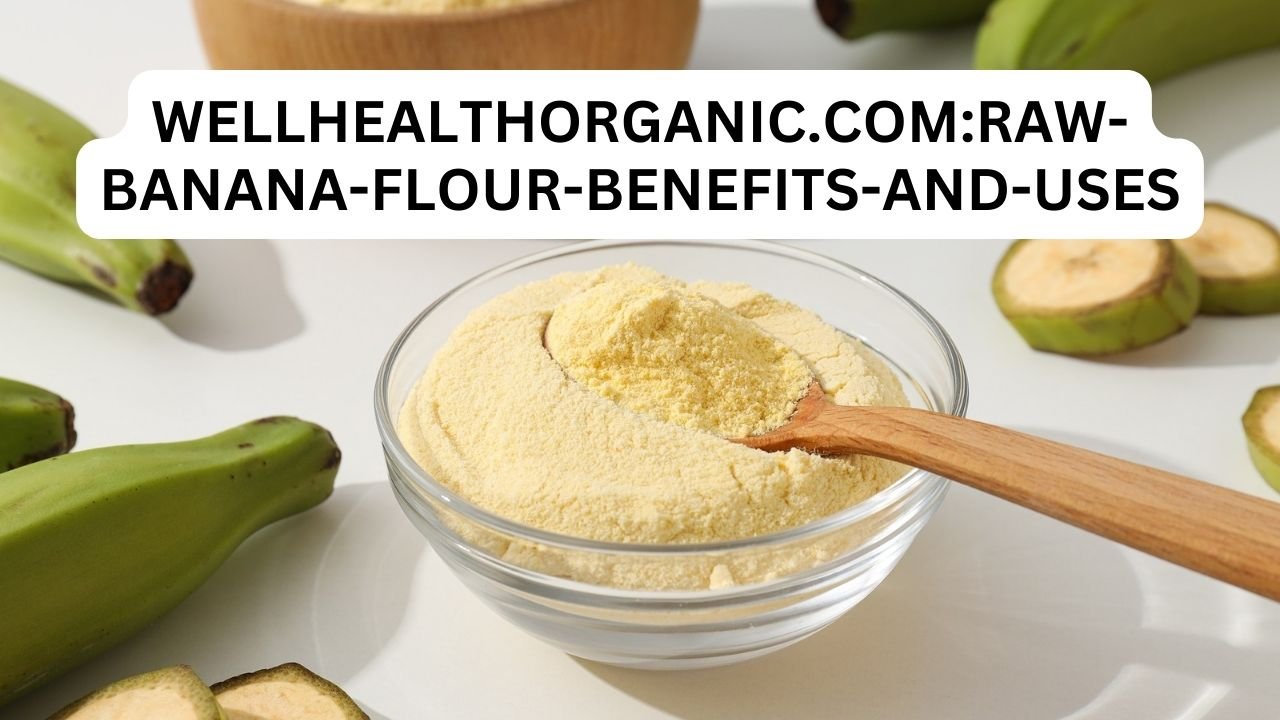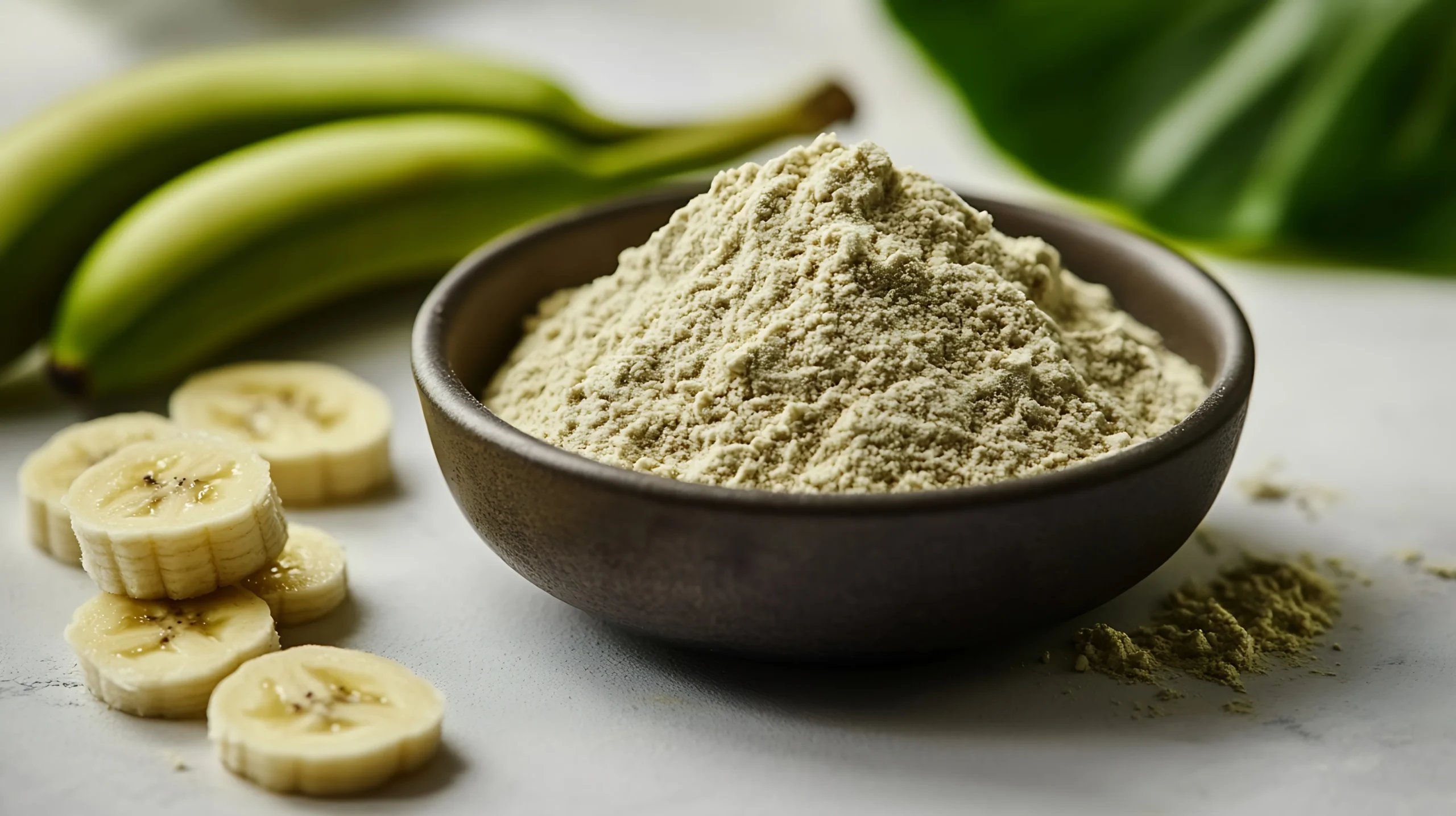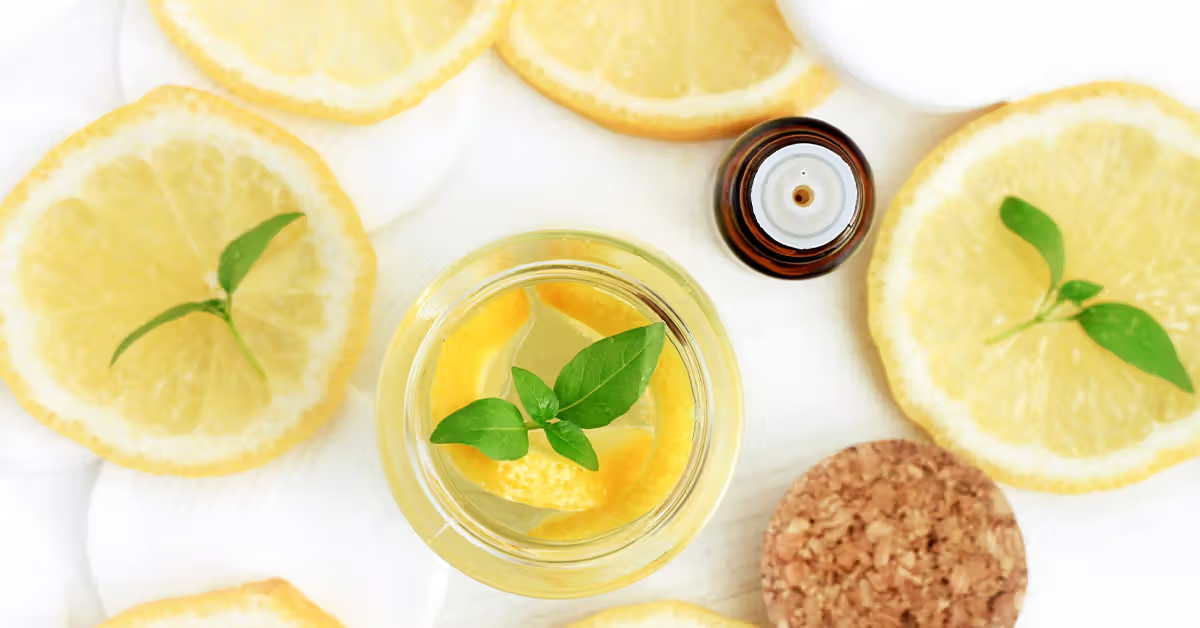Raw banana flour is rapidly gaining popularity among health enthusiasts, culinary experts, and wellness advocates. Known for its versatility, nutritional benefits, and unique taste, raw banana flour offers an alternative to traditional wheat flour while being gluten-free, rich in fiber, and loaded with essential nutrients. This article delves deeply into every aspect of raw banana flour, from its health benefits to various ways it can be used in cooking. Let’s explore why this flour could be a valuable addition to your pantry.
What is Raw Banana Flour?
Raw banana flour is a fine powder made by drying and grinding green, unripe bananas. Unlike ripe bananas, green bananas are starchy, which gives the flour a texture similar to wheat flour. However, it is naturally gluten-free, making it an excellent choice for individuals with gluten intolerance or celiac disease. It retains the mild flavor of bananas but does not overpower recipes, allowing it to blend seamlessly into both sweet and savory dishes.
The Nutritional Profile of Raw Banana Flour
The nutritional content of raw banana flour is impressive. Packed with essential nutrients, it’s a powerhouse of vitamins and minerals that contribute to overall health. Here’s a closer look at the primary nutritional components of raw banana flour:
- Dietary Fiber: A rich source of resistant starch, which improves digestive health.
- Potassium: Essential for heart health and blood pressure regulation.
- Vitamin C: Known for its immune-boosting properties.
- Magnesium: Important for muscle function and bone health.
- Antioxidants: Help reduce oxidative stress and inflammation in the body.
Health Benefits of Raw Banana Flour
The benefits of raw banana flour are numerous, thanks to its high nutrient content and beneficial compounds. Let’s dive into the most significant health benefits associated with this superfood.
1. Boosts Digestive Health
Raw banana flour contains resistant starch, a type of dietary fiber that resists digestion in the small intestine. This type of starch acts as a prebiotic, feeding the beneficial bacteria in your gut. Improved gut health can lead to better digestion, enhanced immune function, and even improved mood and mental clarity.
2. Supports Weight Loss
Since raw banana flour is high in fiber, it promotes feelings of fullness, helping to curb hunger and reduce calorie intake. By including raw banana flour in your diet, you may find it easier to manage your weight, as it can help prevent overeating and support a balanced calorie intake.
3. Stabilizes Blood Sugar Levels
The resistant starch in raw banana flour has been shown to help regulate blood sugar levels. By slowing down the absorption of sugar into the bloodstream, raw banana flour may help prevent spikes in blood glucose, making it an ideal choice for individuals with diabetes or those looking to maintain stable energy levels throughout the day.
4. Enhances Heart Health
Rich in potassium and magnesium, raw banana flour promotes cardiovascular health. Potassium is essential for maintaining healthy blood pressure, while magnesium supports heart muscle function. Including this flour in your diet can be an effective way to improve overall heart health.
5. Strengthens Immune System
The Vitamin C content in raw banana flour plays a key role in enhancing immunity. This powerful antioxidant helps protect the body against harmful pathogens, boosts collagen production, and aids in the repair of body tissues. Regular consumption of raw banana flour can thus contribute to a robust immune response.
How to Use Raw Banana Flour in Everyday Cooking
One of the standout features of raw banana flour is its versatility. It can be used in various recipes, ranging from baked goods to smoothies and sauces. Here are some practical ways to incorporate this superfood into your daily diet:
1. Baking Substitute
Raw banana flour can replace wheat flour in baking recipes, making it ideal for gluten-free breads, muffins, pancakes, and cookies. Generally, use about 3/4 cup of raw banana flour for every cup of regular flour, adjusting the liquid content as needed.
2. Smoothies and Shakes
Adding a tablespoon or two of raw banana flour to your smoothies or protein shakes can enhance their nutritional value. The mild flavor of the flour complements fruits, vegetables, and protein powders, providing a thicker consistency without overpowering the taste.
3. Thickening Agent
Use raw banana flour as a natural thickening agent in soups, sauces, and stews. Unlike cornflour or wheat flour, banana flour brings added nutrients to the table, making it a healthier alternative in savory dishes.

4. Pasta and Noodles
With raw banana flour, you can make gluten-free pasta or noodles. The flour’s texture allows it to hold together well, creating a firm, delicious base for any pasta dish. Pair with your favorite sauce, and you’ll have a nutritious, satisfying meal.
5. Homemade Baby Food
Since raw banana flour is gluten-free and packed with essential nutrients, it can be an ideal choice for homemade baby food. Add it to pureed fruits and vegetables to boost the fiber and mineral content in your baby’s diet.
Why Raw Banana Flour is Ideal for Gluten-Free Diets
For individuals with gluten intolerance or celiac disease, raw banana flour offers a safe, nutritious alternative to wheat-based products. Its texture closely resembles that of wheat flour, making it a fantastic substitute in many recipes without compromising flavor or structure.
Potential Side Effects of Raw Banana Flour
While raw banana flour is generally safe for most people, excessive consumption may cause digestive issues such as bloating or gas due to its high resistant starch content. Those new to high-fiber foods should start with small amounts and gradually increase intake.
Where to Buy Raw Banana Flour
You can find raw banana flour at health food stores, organic markets, and online retailers. Many brands offer organic, non-GMO varieties, ensuring you receive the highest quality product. It is also available in bulk for those who regularly use it in cooking or baking.
How to Store Raw Banana Flour for Maximum Freshness
To maintain freshness, store raw banana flour in an airtight container in a cool, dry place. When stored properly, it can last up to one year. For prolonged storage, consider refrigerating or freezing the flour, especially if you buy in bulk.
Raw Banana Flour vs. Plantain Flour
While raw banana flour and plantain flour may seem similar, they come from different varieties of bananas. Plantain flour tends to have a more robust flavor, whereas raw banana flour is milder, making it more versatile in recipes. Both flours are gluten-free, but the nutritional composition may vary slightly, with plantain flour often containing more fiber and calories.
Sustainable Aspects of Raw Banana Flour Production
Producing raw banana flour is an environmentally friendly process, as it often uses bananas that would otherwise go to waste. By utilizing unripe bananas that do not meet the standards for sale, manufacturers can reduce food waste, creating a sustainable product that supports eco-conscious consumption.
Frequently Asked Questions
Is raw banana flour good for diabetics?
Yes, the resistant starch in raw banana flour can help stabilize blood sugar levels, making it a suitable choice for individuals with diabetes.
Can raw banana flour replace all-purpose flour in recipes?
Yes, but adjustments may be needed. Use 3/4 cup of raw banana flour for every cup of all-purpose flour and consider adding more liquid.
What does raw banana flour taste like?
It has a mild, slightly earthy flavor that complements both sweet and savory dishes.
Is raw banana flour safe for babies?
Yes, raw banana flour is nutrient-dense and gluten-free, making it suitable for baby food, but always consult a pediatrician before introducing new foods.
Does raw banana flour cause allergies?
Allergic reactions to banana flour are rare, but anyone with a banana allergy should avoid it.
How much raw banana flour should I consume daily?
Moderation is key. Start with small amounts, as the high fiber content may cause digestive discomfort if consumed in large quantities.
Conclusion
Raw banana flour is a nutrient-rich, versatile alternative to traditional flours, ideal for gluten-free diets and health-conscious individuals alike. From enhancing digestive health to supporting heart and immune function, its benefits are extensive. Whether you’re looking to create gluten-free baked goods, thicken sauces, or add nutrition to smoothies, raw banana flour offers a solution that aligns with a healthy, sustainable lifestyle. Give this superfood flour a try, and experience the myriad benefits it can bring to your health and culinary creativity!


